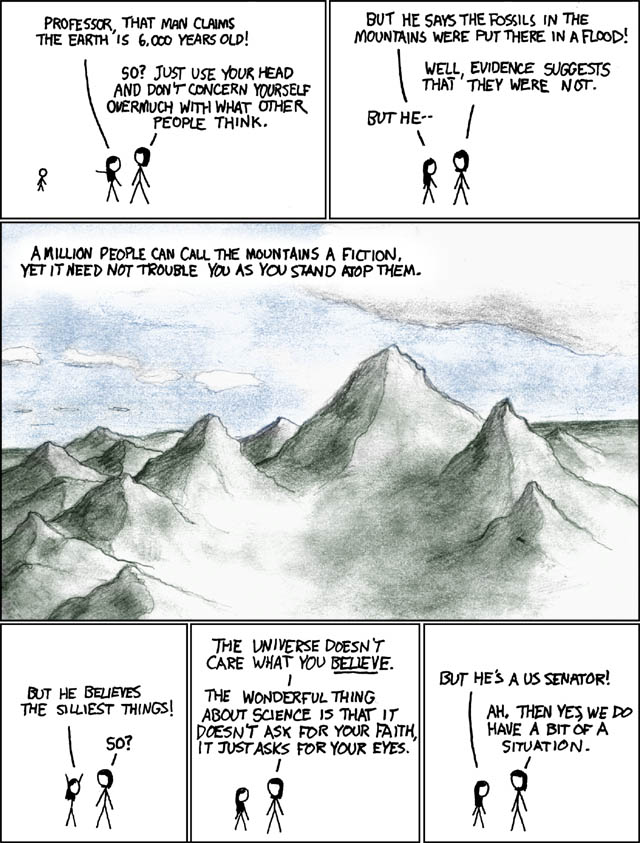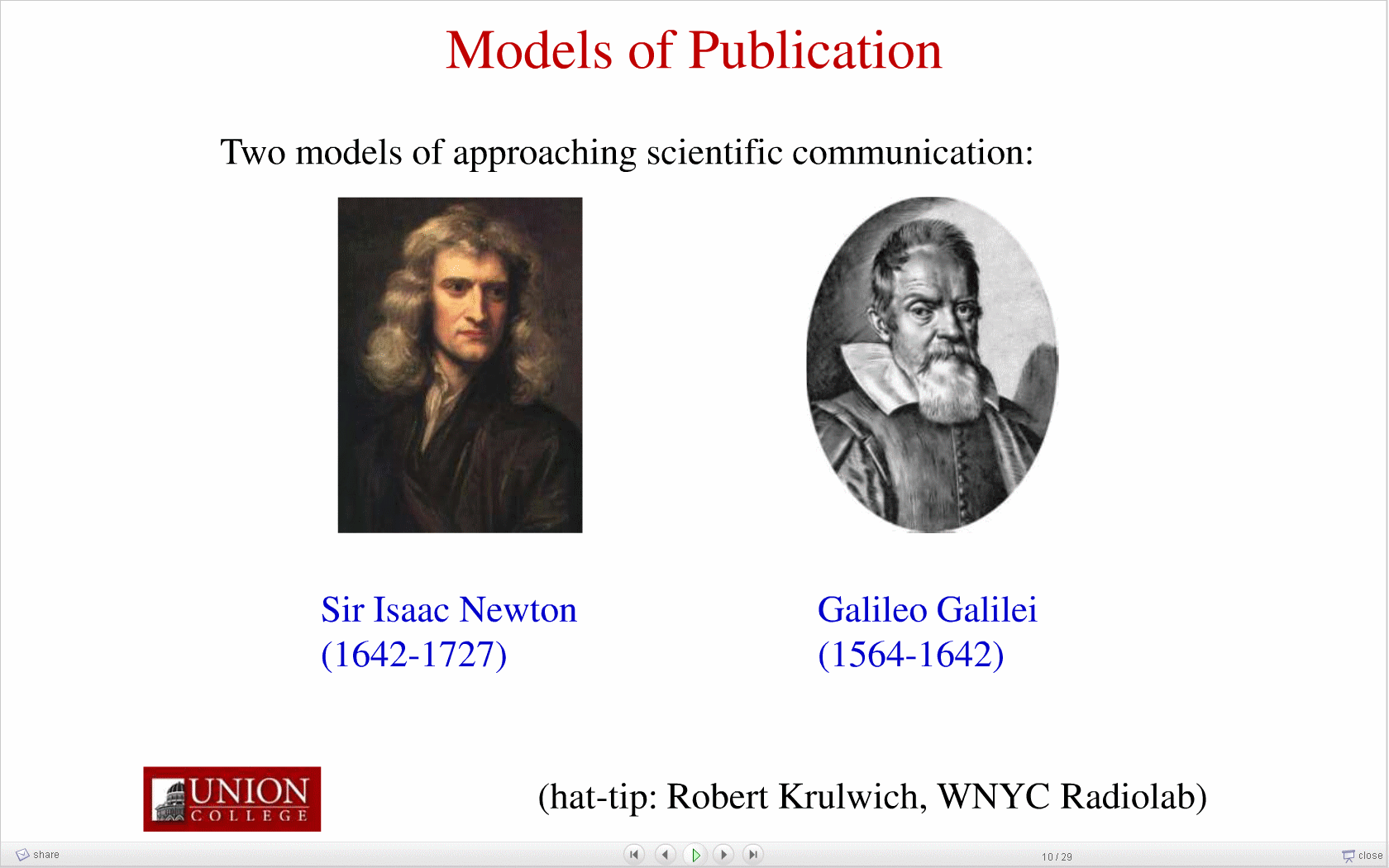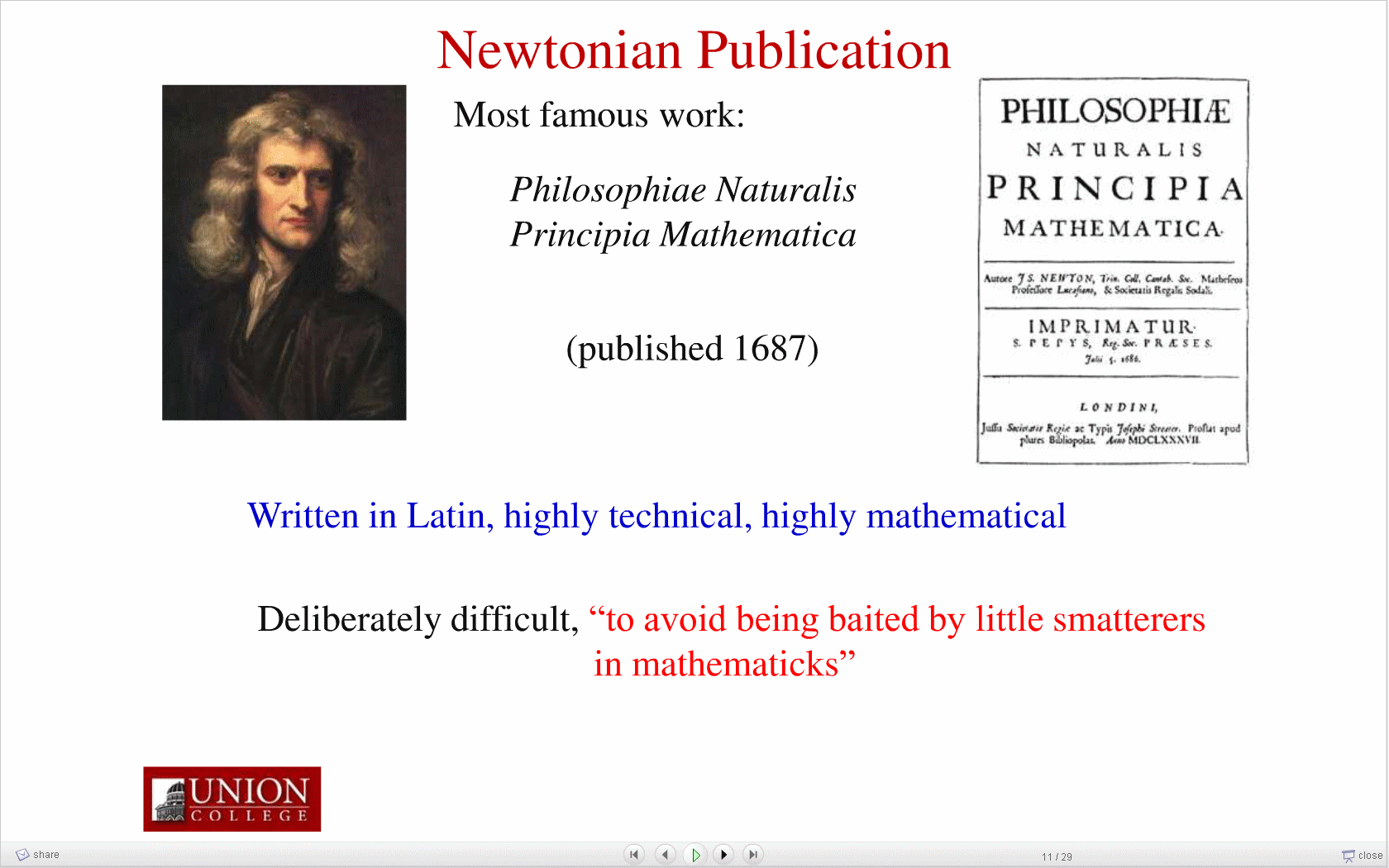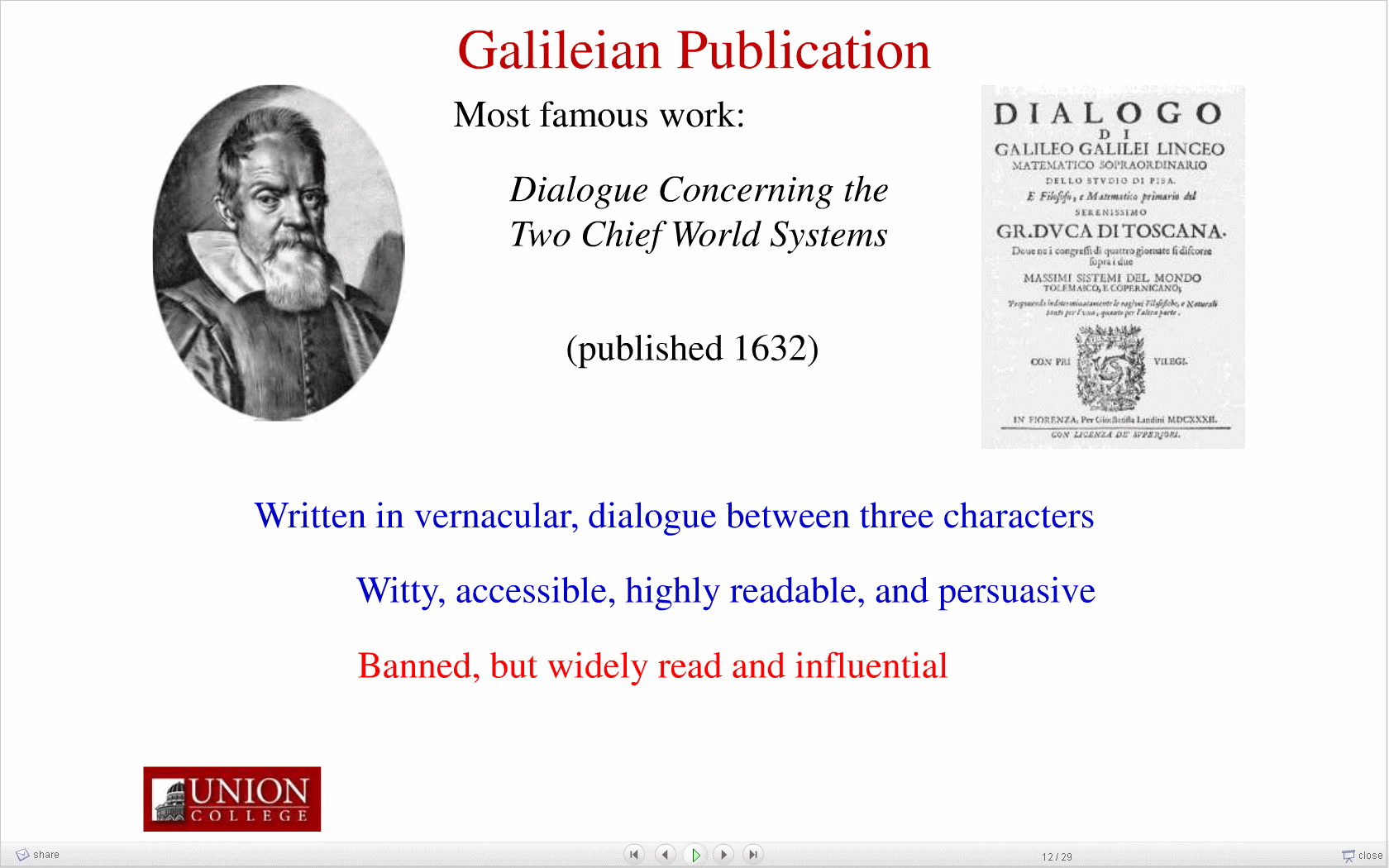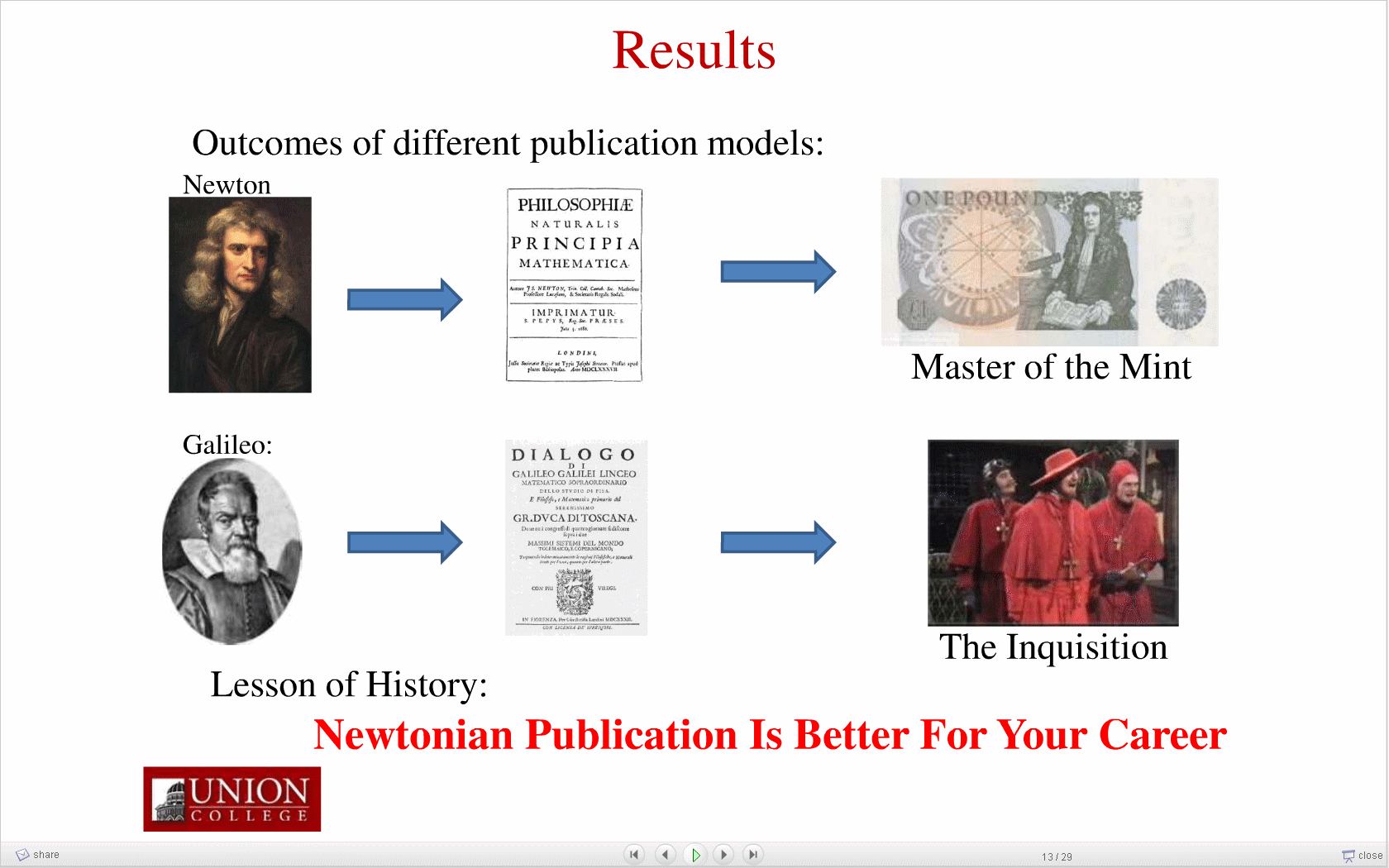The Augustine panel, the blue-ribbon (whatever that means) commission charged with assessing options for the future of human space exploration in the US, released the executive summary of its report today. (The full report is coming soon.) So what did it say? Here’s what the first two hits on Google News say.
First sentences of the Washington Post piece:
Don’t try to put astronauts on Mars yet — too hard, too costly. Go to the moon — maybe.
Headline of the Reuters piece:
NASA strategy proposal aims for Mars over moon.
So who’s right? The Post is closer than Reuters. The summary lays out three possible strategies, which they call “Mars first,” “Moon first,” and “flexible path.” The last one involves starting with “inner system locations such as lunar orbit, Lagrange points, near-Earth objects and the moons of Mars.” After describing all three options, “the Committee finds that both Moon First and Flexible Path are viable exploration strategies.” (I’ve argued before that the Flexible Path combines all the disadvantages of human spaceflight with none of the advantages.)
But the real takeaway from the summary, it seems to me, is not these three paths; it’s this:
Human exploration beyond low-Earth orbit is not viable onder the FY 2010 budget guideline.
That is, we either need to spend substantially more money or decide that human space exploration isn’t a priority at the moment. This sounds right to me.
A few miscellaneous observations:
1. Early on, the summary says something that should be obvious but often seems not to be:
Planning for a human spaceflight program should begin with a choice about its goals — rather than a choice of possible destinations.
I’m really glad to hear them say this: I’m sick of people saying “we need to go to Mars” without saying why. I don’t think that the rest of the summary always lives up to this laudable goal, but maybe I’m not being fair to the panel: the full report may do better.
2. The summary recommends keeping the international space station going for another five years (to 2020 instead of 2015 as currently scheduled).
It seems unwise to de-orbit the Station after 25 years of assembly and only five years of operational life.
This is true, if the Station is actually useful, a claim that has not been demonstrated to my satisfaction. Otherwise, the 25 years is a sunk cost, and extending the operational life is throwing good money after bad.
3. The panel has good things to say about the idea of contracting out some of our space flight to the commercial sector:
As we move from the complex, reusable Shuttle back to a simpler, smaller capsule, it is an appropriate time to consider turning this transport service over to the commercial sector.
…
In the 1920s, the federal government awarded a series of guaranteed contracts for carrying airmail, stimulating the growth of the airline industry. The Committee concludes that an architecture for exploration employing a similar policy of guaranteed contracts has the potential to stimulate a vigorous and competitive commercial space industry.
…
This would have the benefit of focusing NASA on a more challenging role, permitting it to concentrate its efforts where its inherent capability resides: for example, developing cutting-edge technologies and concepts, and defining programs and overseeing the development and operation of exploration systems, particularly those beyond low-Earth orbit.
I think this approach is well worth considering.

